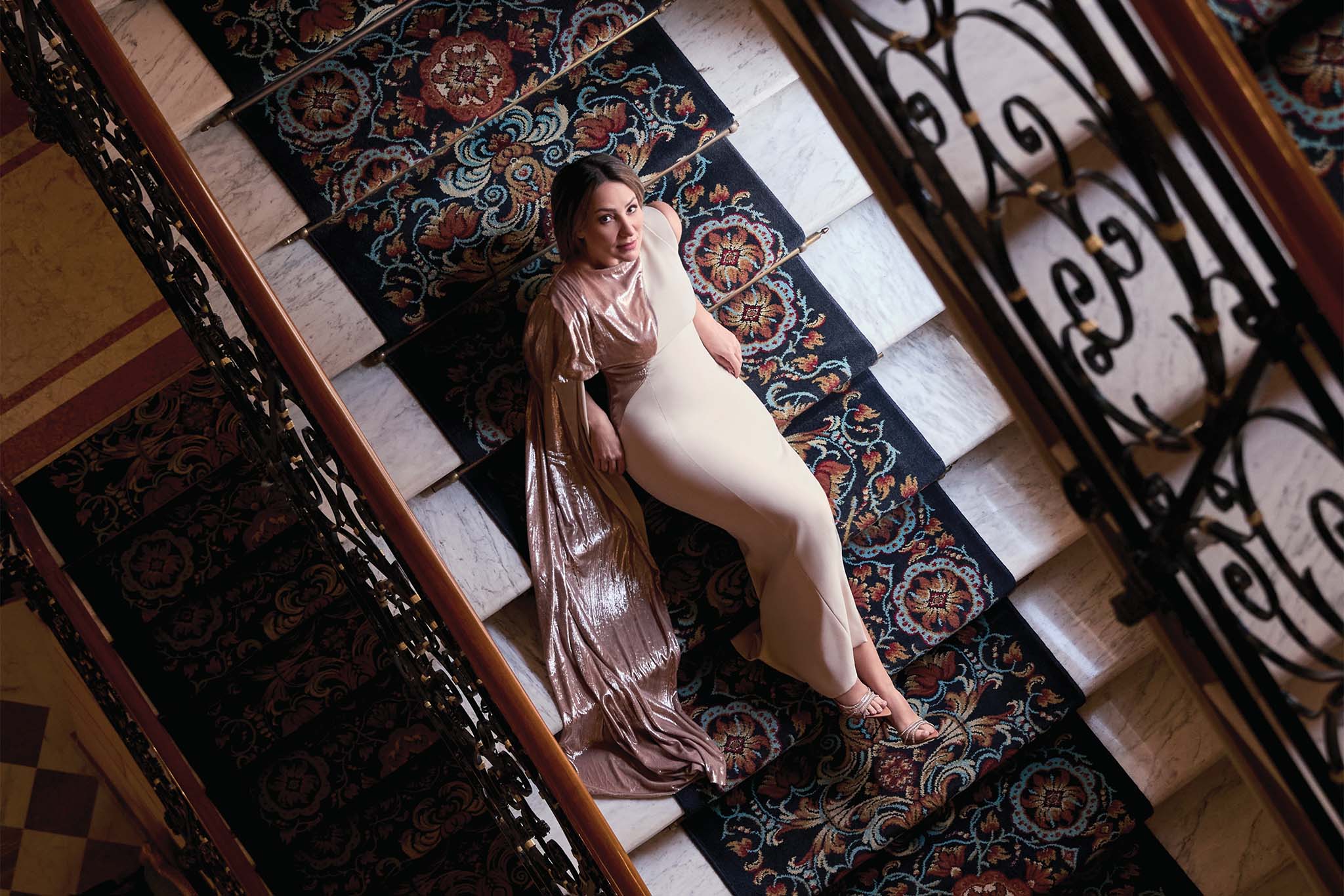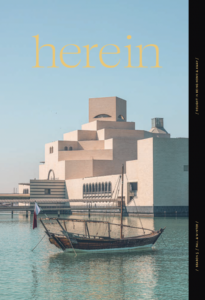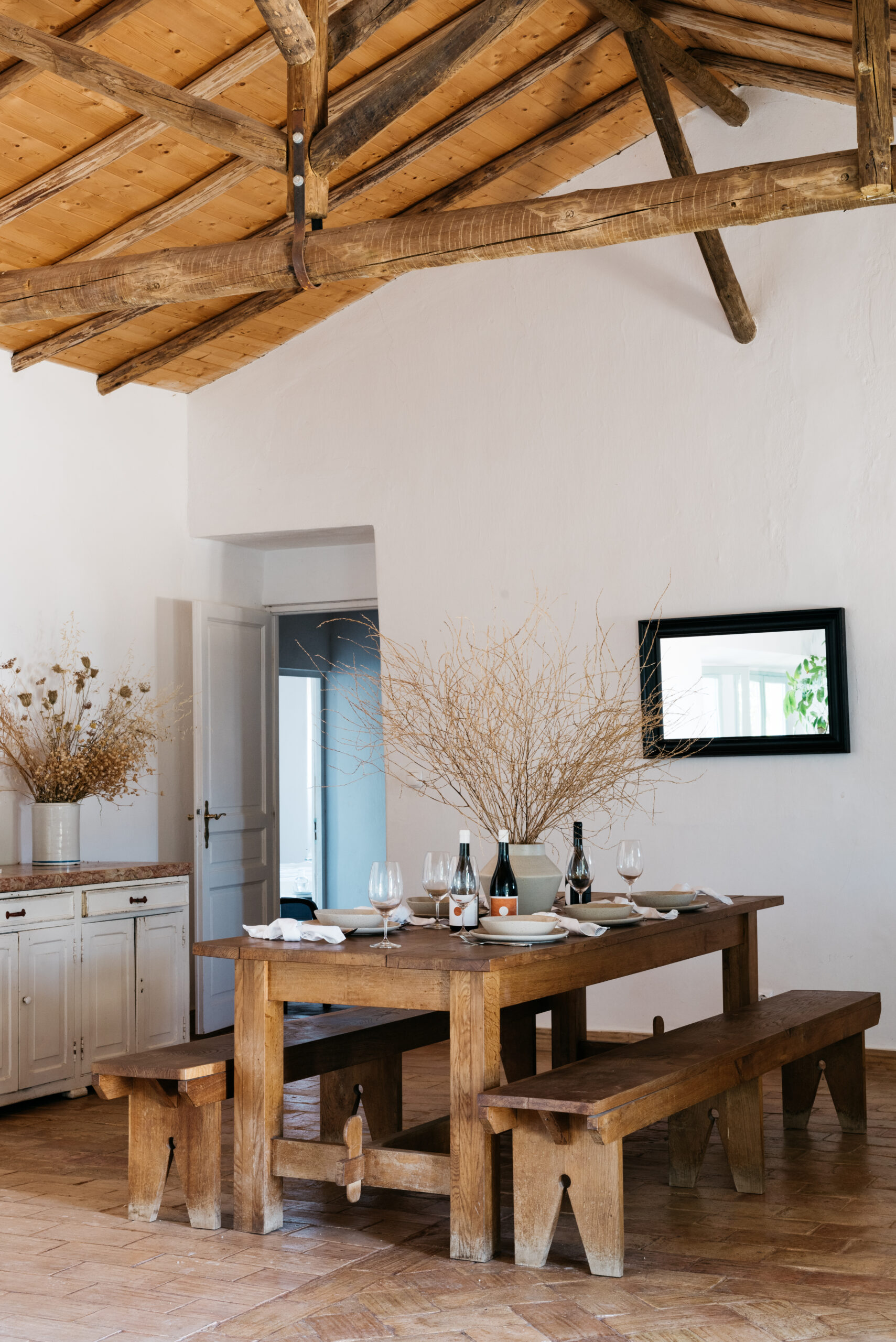By Hannah Walhout
Photography by Elio Rosato
Styled by Anna Castan Tomas
Sawsan Albahiti knows what you might be thinking—she’s used to it. “Every time I’d introduce myself as a Saudi opera singer,” she says, “the other person would be like, ‘Do you have opera? Are you allowed to sing?’ This is the first impression I would always get.”
She considers for a moment, then smiles. “And I’m so happy, so happy, that I get to change that.”
I’m on a video call with Albahiti from Rome, where she’s been training for the past 10 months. This stint in the Fabbrica Young Artist Program at the Teatro dell’Opera di Roma comes after five months at Milan’s Giuseppe Verdi Conservatory, the largest music university in Italy—an intensive course of study sponsored by the Saudi Music Commission.
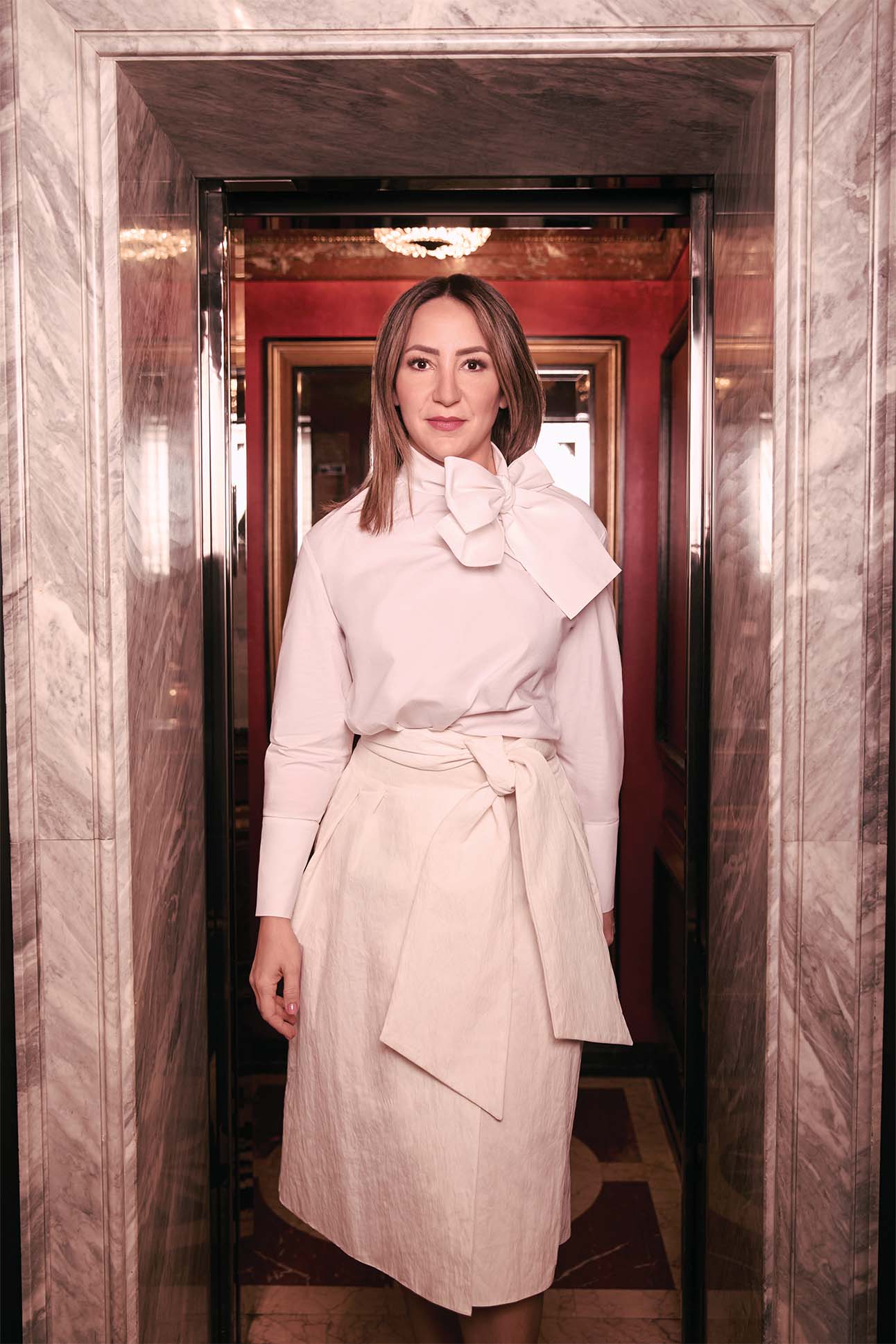
Though the Riyadh-born soprano has become something akin to a musical ambassador for her country—as Saudi Arabia’s first professional opera singer, she has shared the stage with the likes of Andrea Bocelli and Sarah Connolly—she acknowledges that the performing arts haven’t exactly been a viable career path in her home country until fairly recently. Of course, Saudi Arabia and the wider Arabian Peninsula have a long and rich history of traditional bedouin and folk music and compositions for instruments like the oud. And Albahiti grew up with music in her childhood home in Jeddah, with pop and classical (both Arabic and Western) in regular rotation. She also loved to play the guitar, which she picked up at just 6 years old. “It got me into the music world,” she says.
But there were no programs for young artists, and no places to perform. “The reality was that I grew up and became an artist in a country that didn’t have any musical facilities,” Albahiti says. Public concerts were all but banned from 1980 onward, during some of Saudi Arabia’s most religiously conservative times. While many enjoyed relationships with music in the private sphere—and a few found spaces to perform in the underground scene—cultural mores and infrastructural realities meant formal training was impossible.
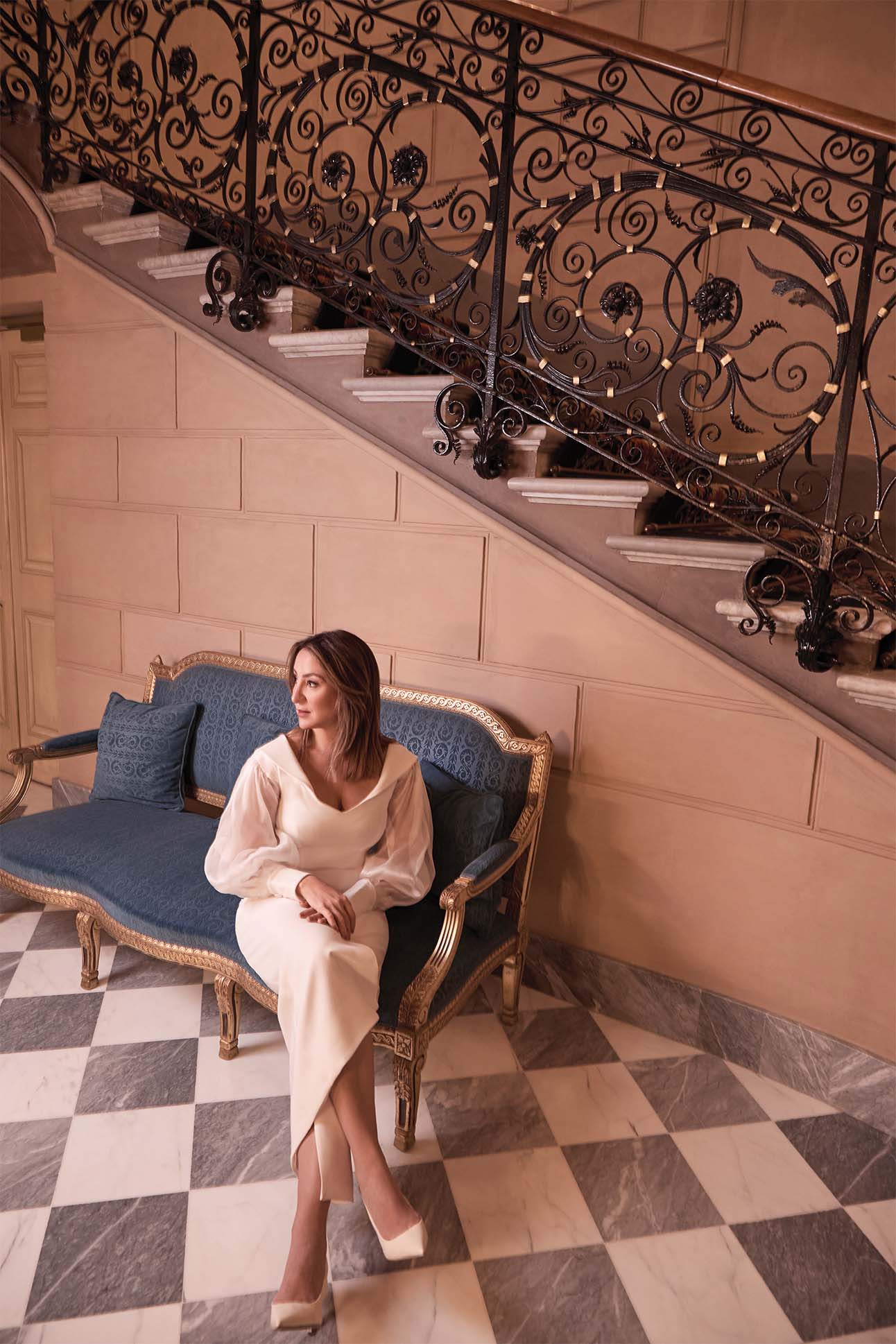
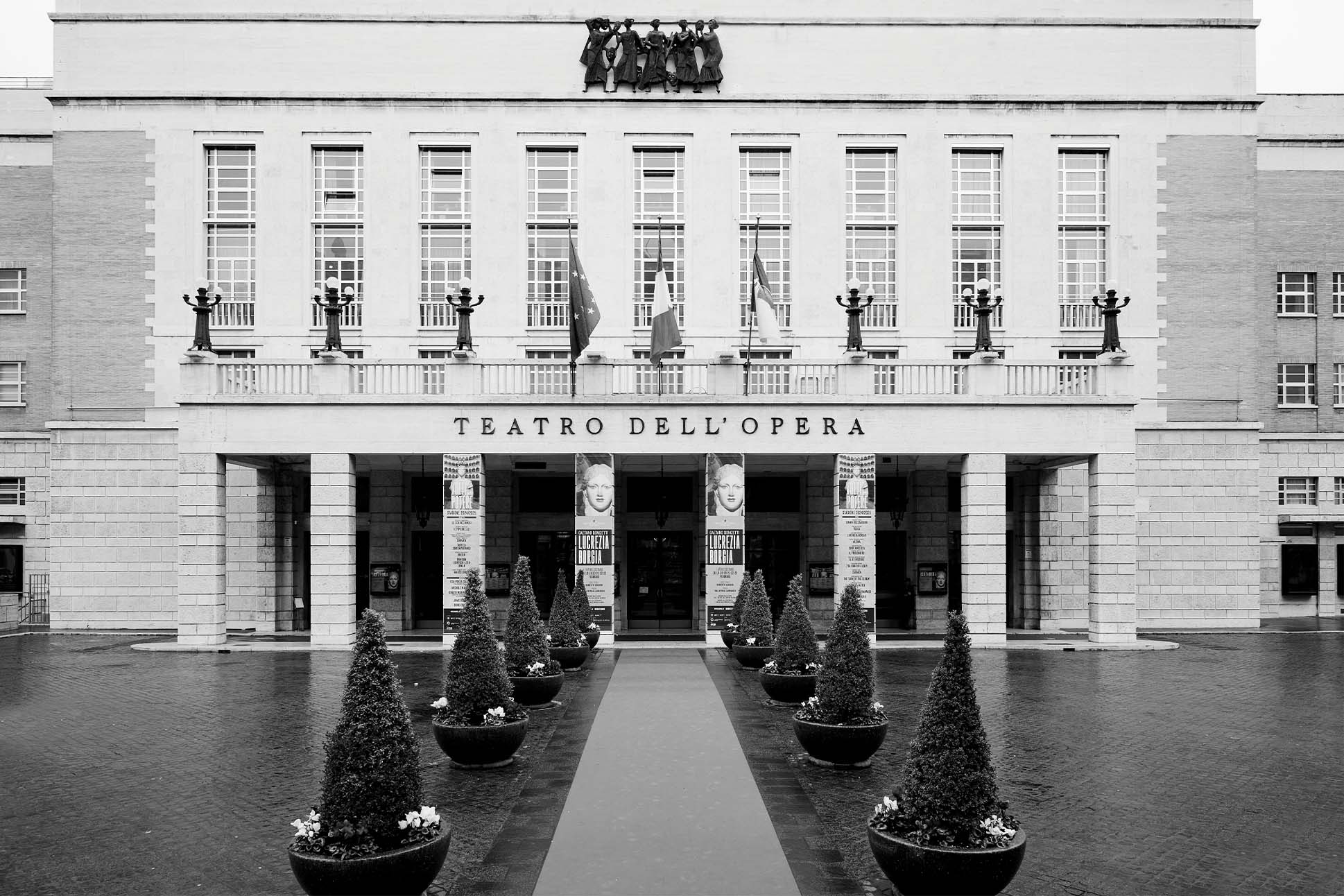
Avaro figlio long Cady dress with long sleeves; Jimmy Choo Romi heels. Teatro dell Opera di Roma, where Albahiti has been training for the past 10 months.
The first inklings came, as they often do, when Albahiti went off to college, leaving the country to study advertising and mass communication at the American University of Sharjah in the United Arab Emirates. It was there that a fellow musician recognized her talent as a singer. “The choir conductor in university discovered the potential in my voice,” she says. Though he helped nurture her skill and expand her musical horizons, she couldn’t have predicted what her life would be like a decade later. “It wasn’t even on my radar to continue singing because there was no industry in Saudi. Even from a cultural perspective, a social perspective, it was going to be extremely challenging.” But Saudi Arabia was home, and she had no intentions of living anywhere else.
It took some larger changes—on a personal level and a societal one—for Albahiti to turn her love of singing into a life and a livelihood. Things have moved quickly on both fronts. After working in her field of study for years, Albahiti decided to take a pause in 2018. “Everything just started to clear up for me,” she remembers. New possibilities were literally appearing all around her: Saudi Arabia had recently established a new General Entertainment Authority to develop and oversee the burgeoning sector, and the capital of Riyadh hosted its first concert since the early 1990s. With the creation of a Ministry of Culture, government support for arts and cultural heritage was not only extant but significant.
“Saudi talent was heavily invested in, so I thought this was the right time for me,” Albahiti says. “I went for it. And I think I made the right decision.”
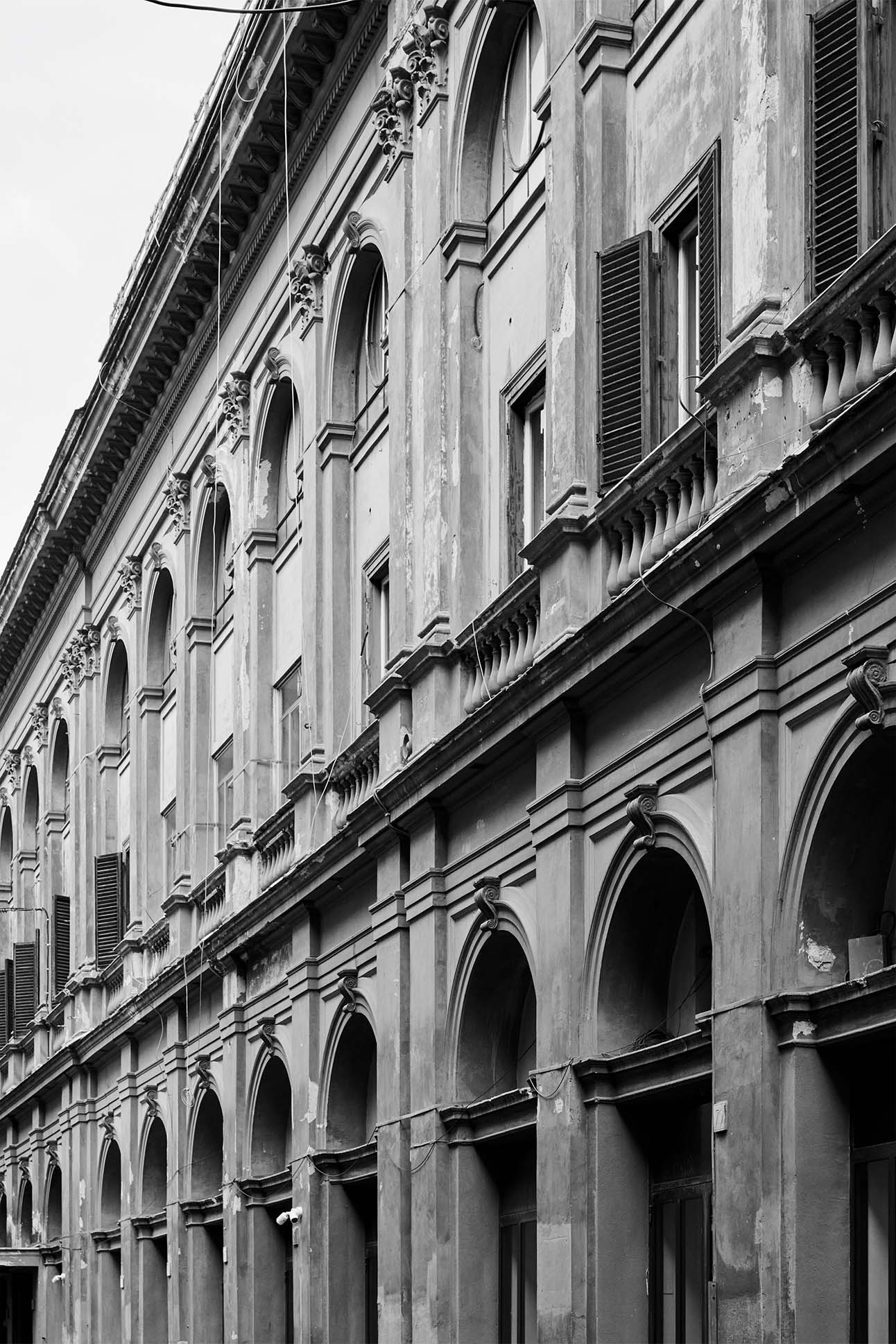
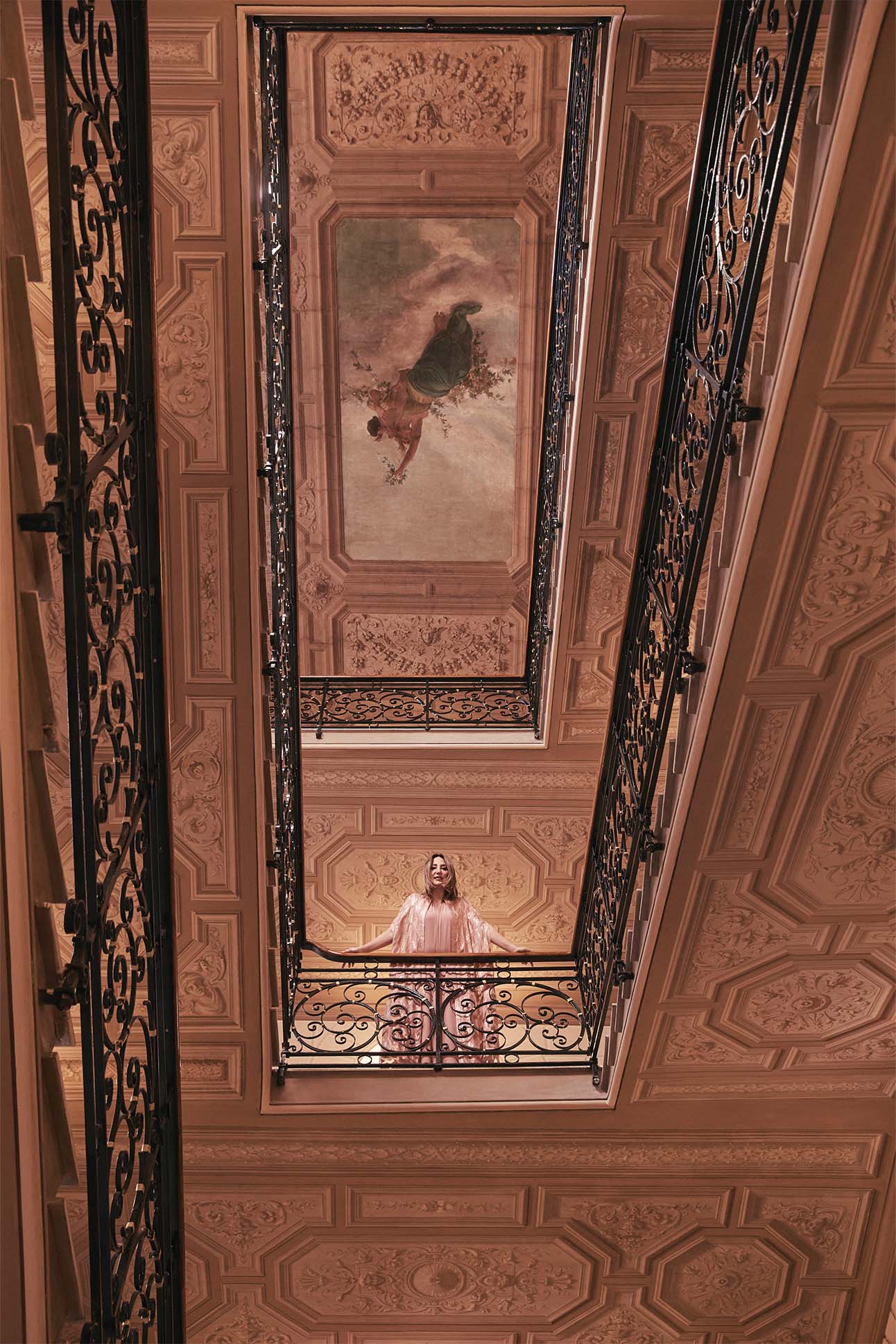
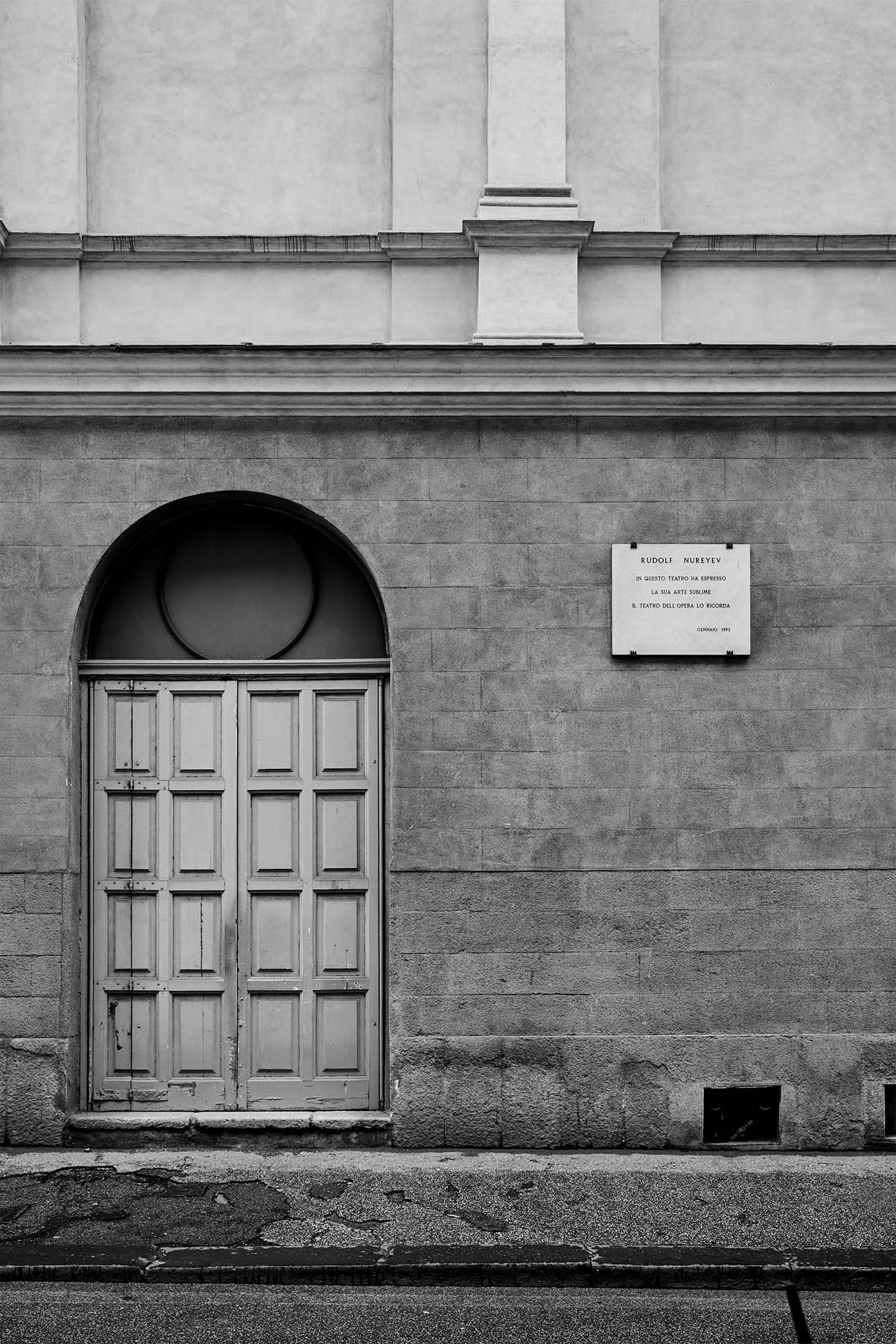
Albahiti credits social media with helping launch her into the public eye. She started uploading videos of herself singing, including renditions of what has become a signature performance: the Saudi Arabian national anthem, performed in operatic style. Her posts caught the attention of the media, and in June 2019, at the invitation of the Ministry of Culture, she opened for the La Scala Academy Orchestra at the King Fahad Cultural Center in Riyadh. It was the first time a Saudi woman had sung the country’s national anthem in a public setting, she says—and the performance Albahiti considers her artistic debut.
“For me to be in my country, in the capital city, and performing for the first time live, and the feedback was amazing—it was incredible,” Albahiti says. “That was something I will never forget.”
Since then, some of the biggest stars in opera and beyond have taken the stage in Saudi Arabia, and the new Royal Diriyah Opera House is currently under construction. But there are also ongoing efforts to foster homegrown musicians, including through music curricula in public schools, a cause close to Albahiti’s heart.
“I think it is absolutely necessary and foundational to start with that age, and this is where the real shift is going to happen,” she says. Albahiti herself works as a professional voice coach with adult singers interested in developing their craft. Before her time in Italy, she assisted with the establishment of the Saudi National Orchestra and Choir, helping scout, train, and employ Saudi musicians. “It’s been a source of pride for me,” she says.
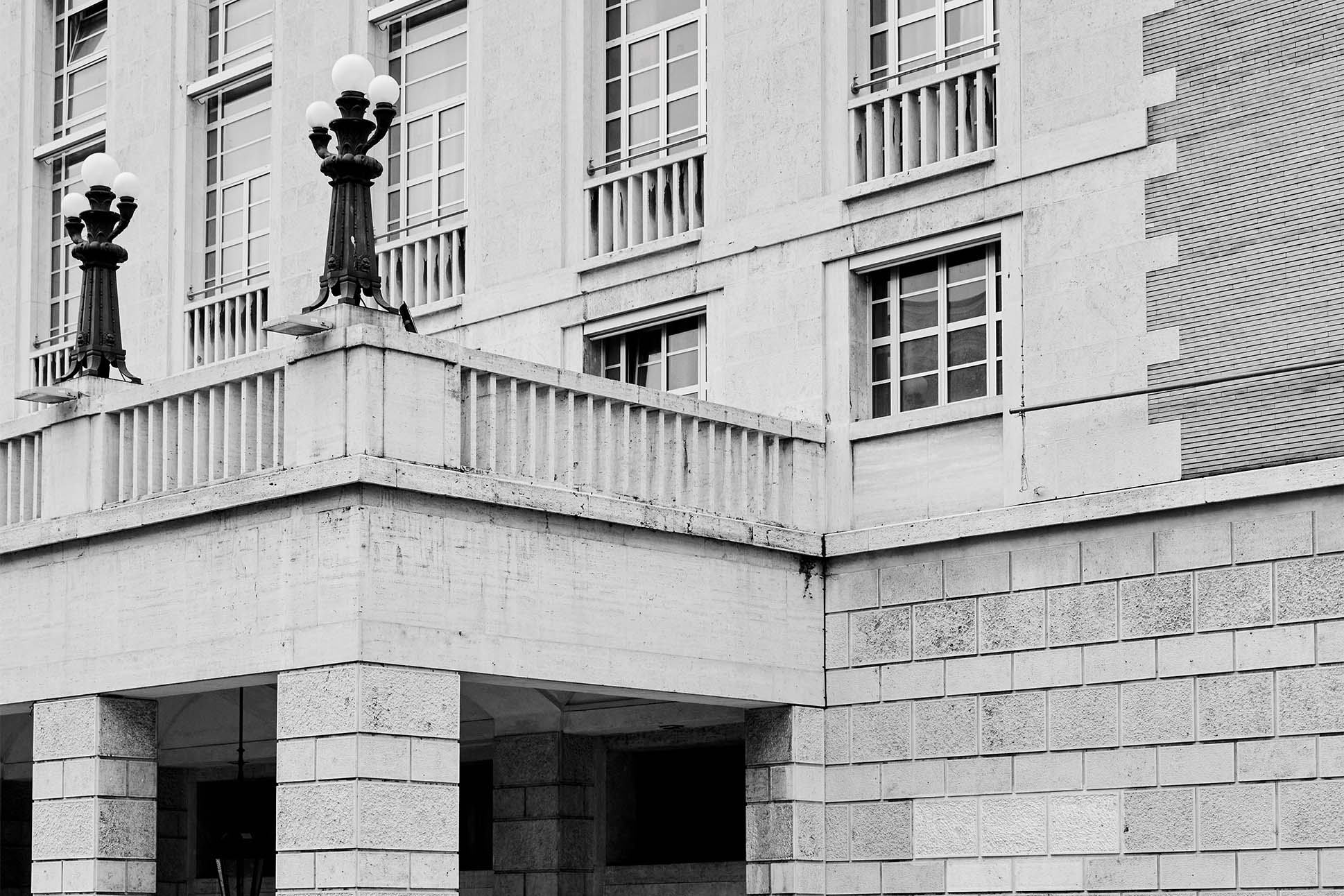
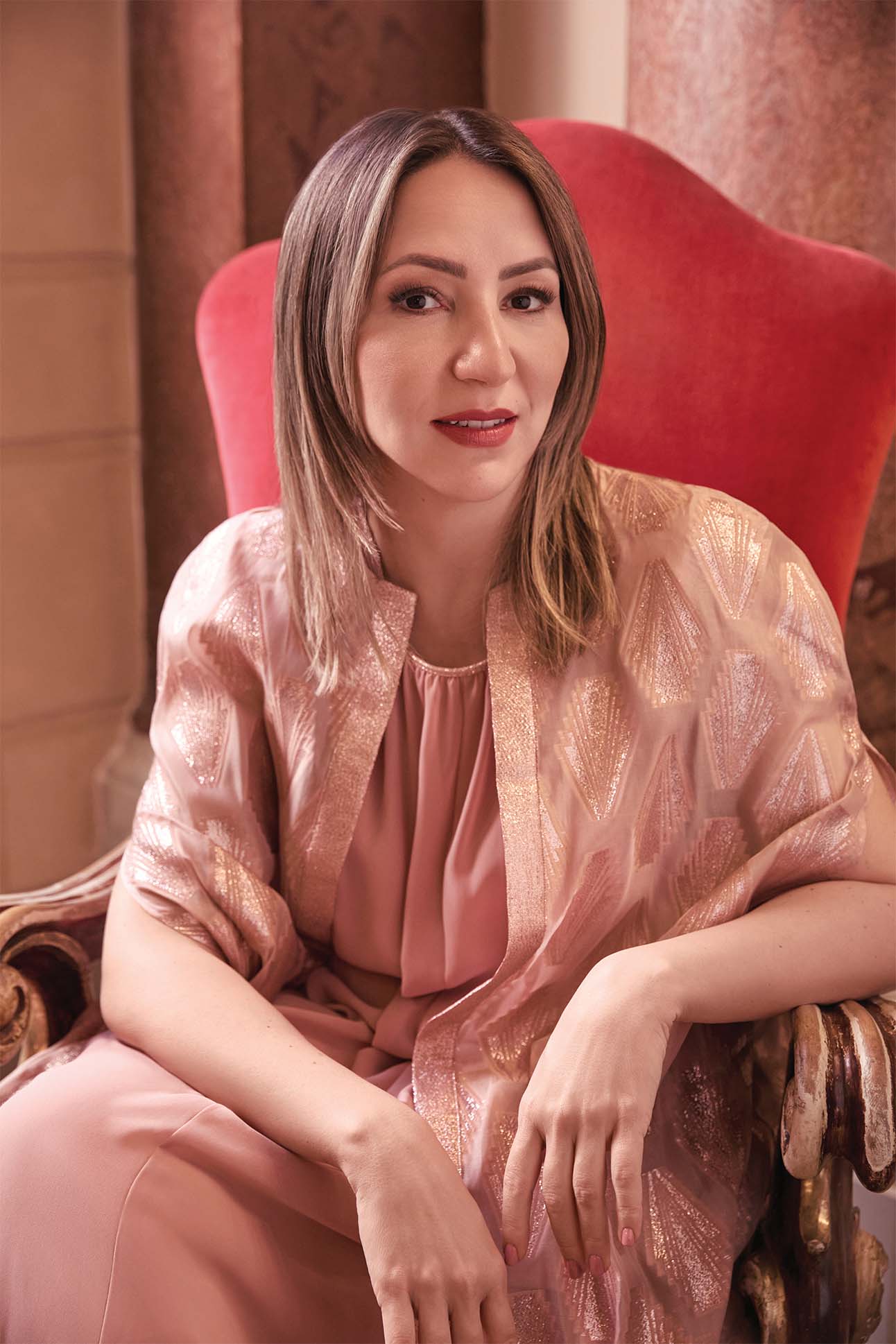
Marina Rinaldi by Zuhair Murad Latina Cape and pareo dress. Hair by Veronica Magrini. Makeup by Camilla Spalvieri.
Another proud moment came in the spring of 2024 with the world premiere of Zarqa Al Yamama, the first grand opera written and staged in Saudi Arabia. Albahiti joined a cast of local and international singers, including Sarah Connolly, who performed the title role. The all-Arabic libretto by Saudi poet Saleh Zamanan is based on an ancient folk story from the Arabian Peninsula. Australian composer Lee Bradshaw blended European and Middle Eastern forms for the ambitious score. “Hearing how opera and Arabic classical music can fuse together was overwhelmingly happy for me,” Albahiti says, “because I was witnessing something I’ve been wanting to achieve”—the kind of stylistic exchange and musical possibility she’d long been dreaming of.
Sharing these moments of connection and expansion is one foundation of Albahiti’s artistic practice. Her goal, she says, is less about being singular and more about leading by example—exploring new creative possibilities in a changing Saudi Arabia, and helping others do the same. Her time in Rome will also include a management internship, which Albahiti hopes will aid in her ultimate goal of becoming not only an artist, but an arts director as well.
“I wasn’t planning on launching myself as an artist and being the best,” Albahiti says. “My message was way beyond that.” And if all goes according to plan, most of the country’s opera greats are still to come.

